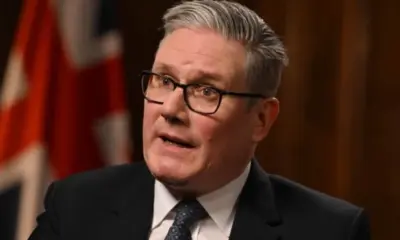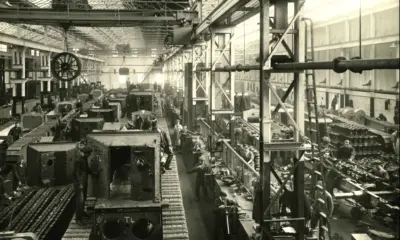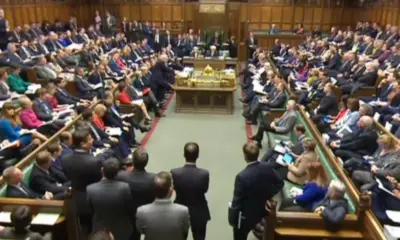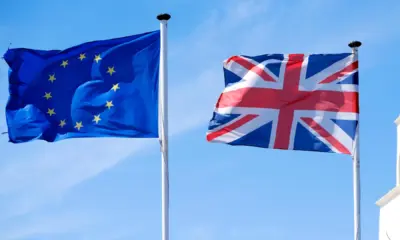News
UK–EU Trade Talks Revive: What’s Next for Post-Brexit Economic Cooperation?
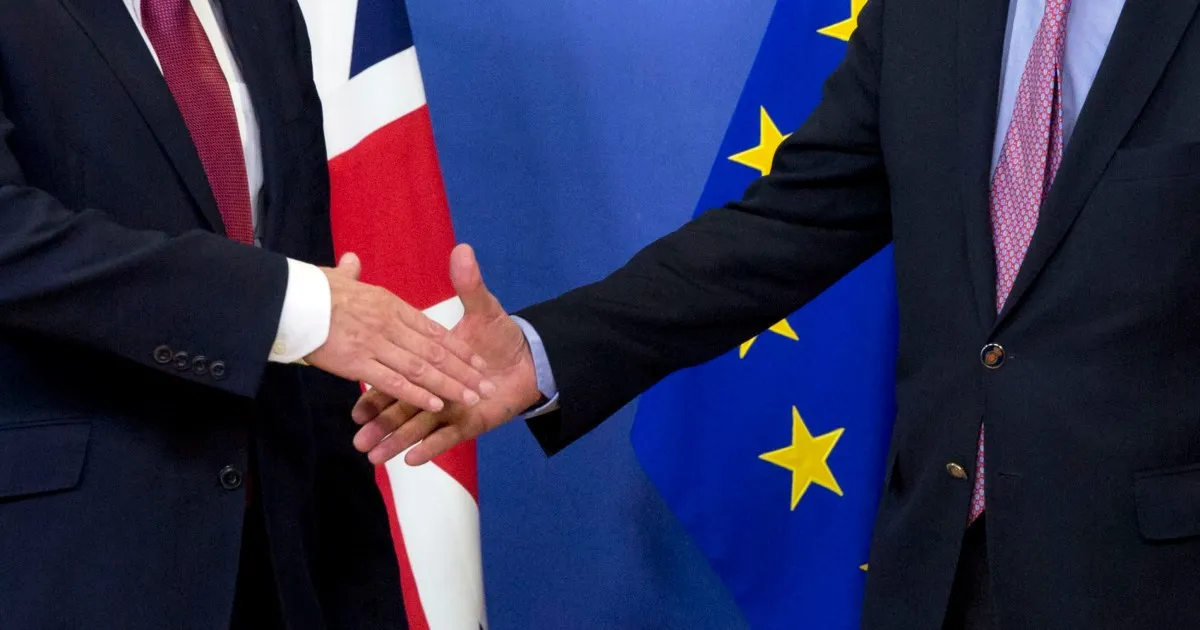
After months of quiet diplomacy, formal trade negotiations between the United Kingdom and the European Union have resumed, signaling a renewed effort to strengthen economic ties in the post-Brexit era. The revival of talks marks a cautious yet significant shift toward pragmatic cooperation after years of tension and uncertainty. Both sides are seeking to modernize trade arrangements that have struggled under the weight of new customs procedures, regulatory divergence, and supply chain disruptions. As businesses call for greater predictability and governments look to stimulate growth, the talks could redefine how the UK and EU trade, invest, and collaborate in a world reshaped by geopolitical and economic transformation.
The Return of Negotiation and Pragmatic Diplomacy
The new round of discussions, taking place in Brussels and London, reflects growing recognition on both sides that post-Brexit trade relations must evolve beyond short-term adjustments. The 2020 Trade and Cooperation Agreement (TCA) provided a foundation for continued commerce but left many critical issues unresolved. These include the complexity of customs checks, mutual recognition of standards, and the flow of goods and services across the Channel.
The revived talks aim to reduce friction that has cost UK exporters billions since Brexit took effect. British manufacturers, particularly in automotive, pharmaceuticals, and food industries, have struggled with delays and increased costs from border inspections. For small and medium-sized enterprises, the administrative burden of new documentation has made trading with EU partners less competitive. The government hopes to address these issues through a new customs cooperation framework that simplifies procedures while maintaining regulatory integrity.
For the EU, stability in trade with the UK remains essential. Britain continues to be one of its largest export destinations, and European industries also rely on British components and financial services. The renewed dialogue reflects a shift from political posturing to economic pragmatism. As one senior diplomat noted during the first session of talks, “both sides understand that cooperation is no longer optional but necessary for mutual resilience.”
Customs and the Challenge of Border Efficiency
At the heart of the negotiations lies the question of customs reform. Since the UK’s departure from the single market, border checks have become a significant obstacle to trade efficiency. Long queues at ports and complex paperwork have slowed the movement of goods, affecting just-in-time supply chains that once operated seamlessly across the Channel.
The UK is proposing a “trusted trader” system to allow pre-approved companies to move goods with fewer inspections, similar to arrangements used by other global partners. The EU has shown cautious openness to this idea, provided that strict data-sharing and compliance mechanisms are established. Both sides are also exploring digital solutions, including blockchain-based customs tracking, to enhance transparency and reduce the time required for verification.
Another focal point is the Northern Ireland trade framework. Following recent adjustments to the Windsor Framework, negotiators are seeking to ensure that goods moving between Northern Ireland, Great Britain, and the EU can do so without unnecessary disruption. The political sensitivities around this issue remain delicate, but officials have expressed cautious optimism that technical solutions could ease the burden on businesses while respecting existing agreements.
Improving border efficiency is not just a logistical matter but a signal of political goodwill. Successful reform could restore confidence among investors and traders who have grown wary of persistent uncertainty since Brexit. It would also demonstrate that practical cooperation can yield economic benefits without compromising sovereignty.
Cross-Border Supply Chains and Economic Integration
The revival of trade talks also highlights the broader question of how integrated UK and EU economies should remain. Before Brexit, British companies were deeply embedded in European supply chains. The past few years have disrupted those relationships, prompting firms to relocate operations or seek alternative markets. Restoring smoother trade could help rebuild these connections and improve competitiveness across industries.
Manufacturers in both regions have been pushing for clearer rules on origin and certification, which determine whether goods qualify for tariff-free access under the TCA. Current regulations have proven cumbersome, particularly for complex products involving multiple countries of production. Negotiators are considering more flexible criteria that recognize modern manufacturing realities.
Service industries, especially finance and technology, are also seeking inclusion in the new framework. While goods trade has dominated the debate, services account for nearly 80 percent of the UK economy. London’s financial sector continues to play a crucial role in European capital markets, and both sides have an interest in ensuring regulatory alignment that allows for mutual market access. Discussions are underway about establishing a new joint committee to monitor evolving financial regulations and prevent unnecessary divergence.
Digital trade is another emerging area of cooperation. The UK and EU are exploring agreements on data transfer standards and cybersecurity cooperation, which are critical for both e-commerce and high-tech manufacturing. Such initiatives could position Europe and the UK as global leaders in setting standards for ethical and secure digital trade.
Political Context and the Path Forward
The revival of trade talks comes amid shifting political landscapes in both London and Brussels. The UK government, facing domestic pressure to boost economic growth, views renewed cooperation with the EU as a pragmatic step rather than a reversal of Brexit. Meanwhile, European leaders are keen to strengthen regional stability as global trade faces headwinds from protectionism and geopolitical tension.
Observers note that the tone of discussions is notably more constructive than in previous years. While disagreements remain over fisheries, state aid rules, and labor mobility, negotiators appear determined to focus on shared economic interests rather than political symbolism. Industry groups from both sides have welcomed the change, urging leaders to prioritize predictability, supply chain efficiency, and long-term growth.
The potential outcomes of the talks range from a modest set of technical adjustments to a broader economic cooperation pact that could eventually resemble a “TCA 2.0.” Whatever the scope, the renewed dialogue underscores a growing recognition that collaboration, not confrontation, is key to prosperity.
Conclusion
The revival of UK–EU trade talks marks a turning point in the post-Brexit relationship. After years of friction, both sides are acknowledging the importance of rebuilding trust and practical economic links. The focus on customs efficiency, cross-border supply chains, and digital trade reflects an evolution from political separation toward strategic partnership.
If the negotiations succeed, they could lay the groundwork for a new phase of European cooperation defined not by division but by interdependence and innovation. For the businesses, workers, and consumers who rely on smooth trade across the Channel, this renewed spirit of pragmatism offers a long-awaited sense of stability and shared purpose.



